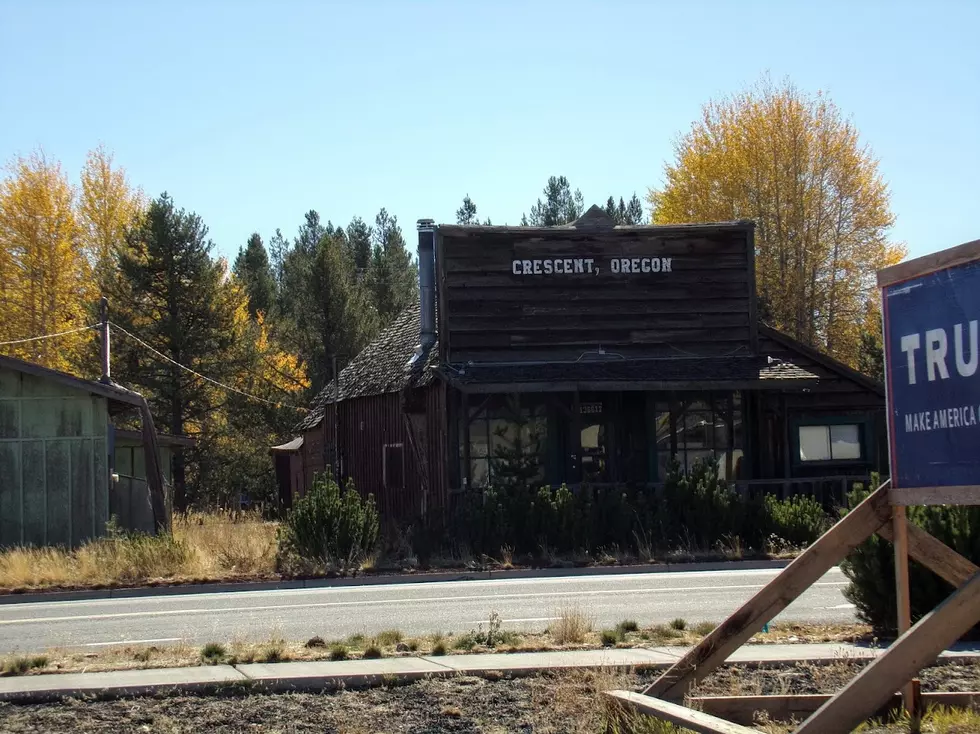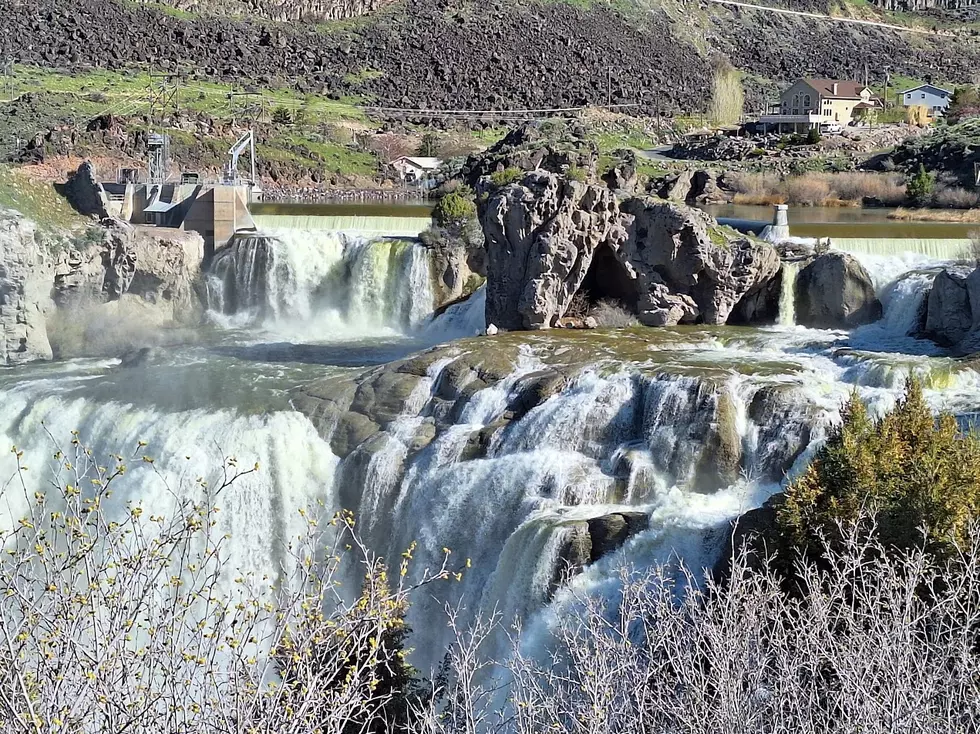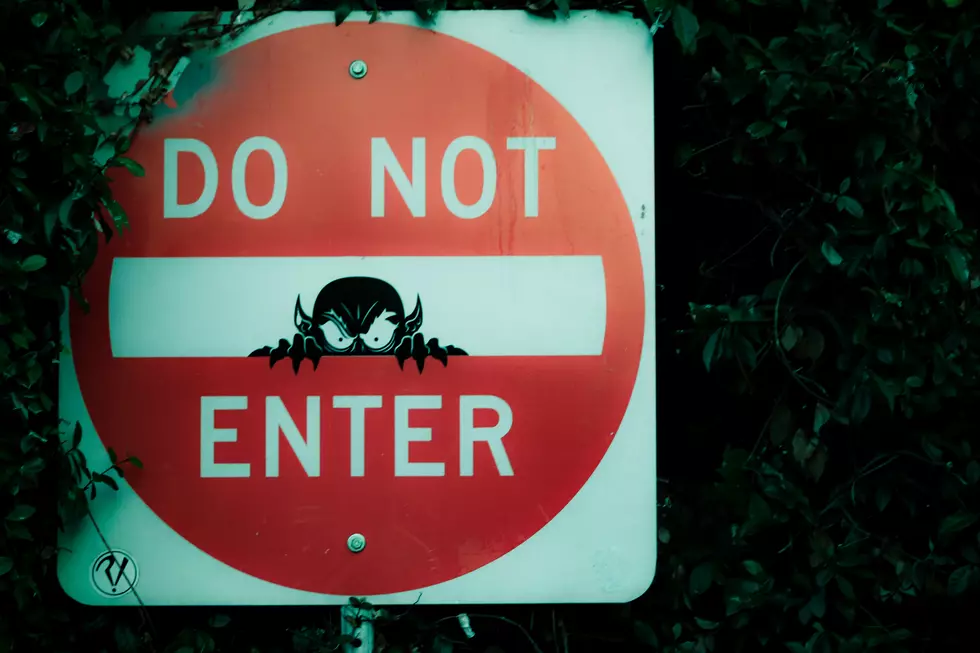
Bill to allow civil lawsuits for blocking public lands fails
BOISE, Idaho (AP) — Legislation that would have allowed private citizens to bring civil lawsuits against individuals or entities willfully and knowingly blocking access to public lands failed on Monday.
A divided Senate Resources and Environment Committee voted to hold the bill in committee, killing it.
Supporters said illegally blocking access to public lands used by hunters, anglers and others is a problem because it is rarely prosecuted and fines are too small.
"This is simply trying to give some teeth and give some sort of monetary disincentive to people committing this behavior," said Brian Brooks of the Idaho Wildlife Federation, noting the maximum fine of $500 is of no consequence to wealthy landowners.
Opponents said landowners could face perpetual civil lawsuits.
"I'm afraid that the passage of this bill as it is could subject me to civil lawsuits," said Republican Sen. Bert Brackett, a rancher in south-central Idaho.
Representatives of the Idaho Farm Bureau, the Idaho Cattle Association and DF Development spoke against the legislation.
DF Development, a company owned by Texas billionaire brothers, has bought thousands of acres of land, and put up gates on a popular U.S. Forest Service road outside Boise that officials say is on land open to the public based on public records.
Gary Allen, an attorney representing the company, argued against the bill. He didn't dispute that the gates were on public land, but said it wasn't clear that the road had public access along its entire length.
Several conservation groups signed up to testify but the committee's chairman, Republican Lee Heider, didn't call on them.
"This was the first time that we have seen a bill presented to the Legislature that would protect and promote public access on public lands," Jonathan Oppenheimer of the Idaho Conservation League said after the meeting. "We know when we're going up against moneyed, connected interests, that we've got an uphill battle."
The Legislature last year overhauled trespass laws by increasing penalties for criminal and civil trespassing on private land while relaxing requirements for landowners to post their property.
By KEITH RIDLER, Associated Press
More From News Radio 1310 KLIX








